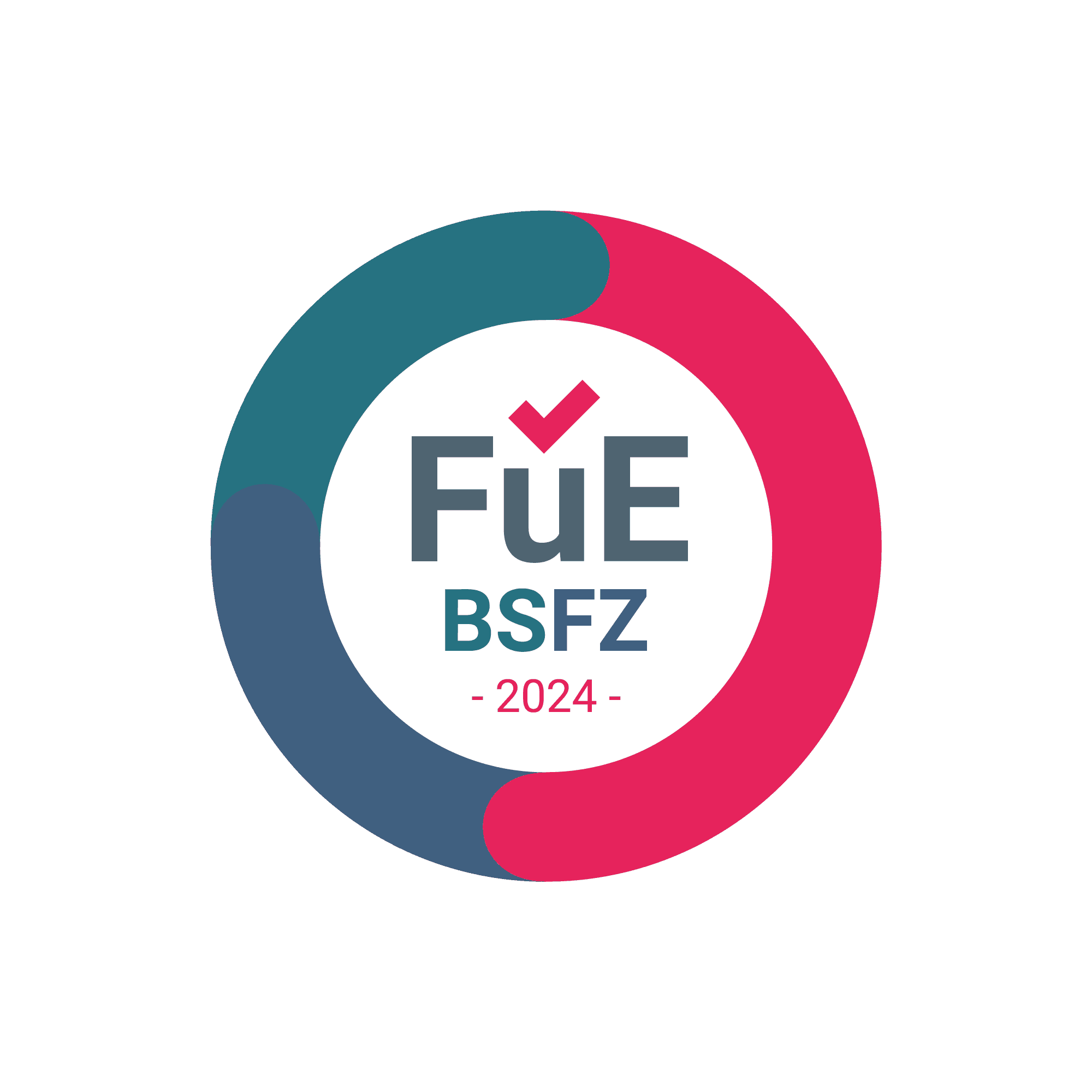FITA INSIGHTS
Interview: Effective Scaling and Fostering Employee Advocacy with CPO Mar Mercadé Meana
By
Nicole Yazolino
Oct 14, 2021
4 min read
In this interview, Mar talks about everything from scaling pitfalls and recovering from tech debt, to the importance of fostering an environment of employee advocacy – especially for women.
Mar joined the Fit Analytics team as Chief Product Officer in February 2021 to help move the organization into a new phase. Entering a company in the midst of scaling is an exciting challenge. For Mar, keeping the human element healthy and balanced with technology is a key aspect of successful growth.
You’ve been with Fit Analytics for the better part of a year now. What excited you about joining Fit Analytics as Chief Product Officer?
What excited me were Fit Analytics’ product and mission, and the recognition that the company was at a pivotal moment of transformation inherent to late-stage start-ups. In my experience, this is a phase where motivation and passion still exist within the employees. The corporate distance hasn’t set in – people still care and feel a sense of ownership that they’ve cultivated over time.
The invaluable wealth of knowledge and dreams within the company are available to anyone who takes time to listen, and to me this is priceless. I’ve been lucky enough to have experience creating these structures throughout my career. I’ve seen the transformative power of creating parameters to bridge the gap between today and 10 years down the line. These footholds ultimately provide a way forward for the potential to unfold for both the employees and for the company. Tending to the original spirit of the company while being in a position to relieve employees of the more chaotic side of start-up life by adding essential structures is super exciting for someone in leadership. This really inspired me to take on the challenge of Chief Product Officer.
“Scalability is the #1 killer of companies – it’s also the #1 driver for success.“
Mar Mercadé Meana, CPO at Fit Analytics
You came on board to help Fit Analytics’ next phase of growth. How do you approach scaling?
Scaling requires a balance of mathematical, pragmatic, and human approaches to really work well. You need to map out the current organization with all its people, processes, goals, and ideas. From there, it becomes apparent pretty quickly whether or not growth is possible. This is easier to do in a small start-up of less than 150 people like Fit Analytics.
Scaling means finding a balance between what is expected by clients and the many moving parts within a company. If the promises of delivery are out of balance with what’s feasible, the burden falls on the employees and scaling becomes unsustainable, if not impossible. You have to anticipate the potential breaking points where the scaling equation stops working and address those issues over time. Ultimately, scalability is the #1 killer of companies – it’s also the #1 driver for success.
“As soon as tomorrow comes, you have to let go of today’s success and make new decisions.”
Mar Mercadé Meana, CPO at Fit Analytics
What is the biggest scaling challenge?
As soon as tomorrow comes, you have to let go of today’s success and make new decisions. We have to start each day by letting go of yesterday’s solutions and successes and start building tomorrow’s best solutions. This is by far the biggest difficulty with scaling.
Start-ups grow organically. Most of the time the decisions made are the best for that moment in time. This has to be valued, appreciated, and ultimately let go as learnings are applied. It’s emotionally challenging for all involved, because people invest incredible energy and expertise in these projects. They rightly find deep meaning and purpose in the results. That being said, the solutions from yesterday can only take a company so far. At some point, new solutions must be developed and old ones retired. All of the past successes create the base for tomorrow’s successes. However, you can not break through a scalability ceiling with the tools that brought you there.
How does this relate to technologies evolving over time?
Tech debt continuously accumulates in a myriad of different ways. For those new to the term, tech debt is a concept in software development that reflects the implied cost of additional rework caused by, for example, choosing an easy yet limited solution in the short term instead of using a better approach that would take longer.
For example, imagine a company is in a position where they need to respond quickly to the market and come out with a fast solution. It’s likely that the product won’t be sustainable and reliable over time, which will add to the workload down the line. Another thing to consider is that technology keeps on evolving. Companies face tech debt by simply existing in a changing world. Better technologies are launched every day, and with them come new problems to solve.
These tradeoffs based on technological advancements take a toll over time. Companies have to balance the refactoring of no-longer-suitable systems with and against innovation and new solutions, all while keeping the human element in mind when addressing these issues. The passionate people who created yesterday’s solutions often have a deep sense of pride and ownership over their accomplishments. It’s not just about the better technology – helping people navigate through these transitions and making sure they feel valued is a key human component to handling tech debt and scaling in growing markets.

Looking back, is there any key experience from your early career that really changed the way you approach your work?
As a fresh-faced Junior Product Manager, I made a huge mistake during the QA process which resulted in my company’s online store going offline during peak sale hours. The losses were immediate and clear. When I realized what had happened, I was horrified. It was unmistakably my fault. It was the first time I had to figure out how I was going to go about it: speak up about it? Downplay it? In the end I decided to speak up to my boss and state it outright, because that was the only path that would keep the team’s trust in me – as someone who might make mistakes, but who also owns them. My boss was furious, and he had just one question I hadn’t been prepared to answer: OK so you’ve fixed it, and what will you do now?
This experience made me double down on many of my not-quite-realized ways of working: always expect to make a mistake, always be the first to own them at the top of your lungs, and always have a plan about what comes next. Doing these won’t avoid uncomfortable situations and won’t fix insecurities, but it will allow you the strength that comes from transparency, and the agency that comes from owning both this mistake and the next step that you’ll take to correct it.
“Always expect to make a mistake, always be the first to own them at the top of your lungs, and always have a plan about what comes next.“
Mar Mercadé Meana, CPO of Fit Analytics
Let’s take a slight detour into your people management experience. You mentioned in an offline conversation that you have advocated for women throughout your career. Can you tell us more about that?
There is this unfortunate phenomenon for both women and men in business where entry-level positions require an absurd amount of previous experience. As young professionals, they don’t have the experience – and without the experience, they can’t get the entry-level position. It’s a vicious cycle. With this awareness, I’ve made sure to advocate for the development of young professionals over the last 10 years – particularly women. I always make sure to have open lines of communication at every level within the companies so people feel encouraged to come to me with their needs. These conversations over the years inspired me to use my position to advocate for my colleagues and keep my eyes and ears open to identify opportunities for them.
Women are the harshest judges of their abilities, and it often takes someone who has already walked that path to help them connect those dots and show them that they are ready for the next step, whether it’s a promotion, or need for further training to round out the CV. My goal is to make sure the women are prepared when the opportunity presents itself.
How does this advocacy look day-to-day?
Often what works best is something simple like inviting colleagues to stake-holder meetings so they can learn by observing. This demystifies the career path and helps people see where their journey can lead. I’ve worked with people to identify areas within their personal skill set that need development and suggest training. Time allowing, I’ve even mentored one-on-one. Often, these colleagues are ready to make their next career steps. All it takes is a little focused time on my part to find opportunities for these talented young women to grow. The timing doesn’t always work out, but it’s always worth trying.
How has this influenced what you look for when hiring?
In my opinion, very little can compete with the determination and mentality of someone who has been fighting for their career and has finally been given a springboard to jump from. I hire for mindset. I hire for drive. This is more important to me than someone who checks all the boxes with three validated experiences and a top-notch CV. Obviously there is a need for experienced senior team members, but they are there to train and nurture the ones who are up and coming. I see this as an essential part of my job.
If you loved this article, check out Mar’s interview for Sourcing Journals’ Up-Close series.
Photos: Nicole Yazolino
To learn more about how we can help you and support your specific needs Contact us.
































































